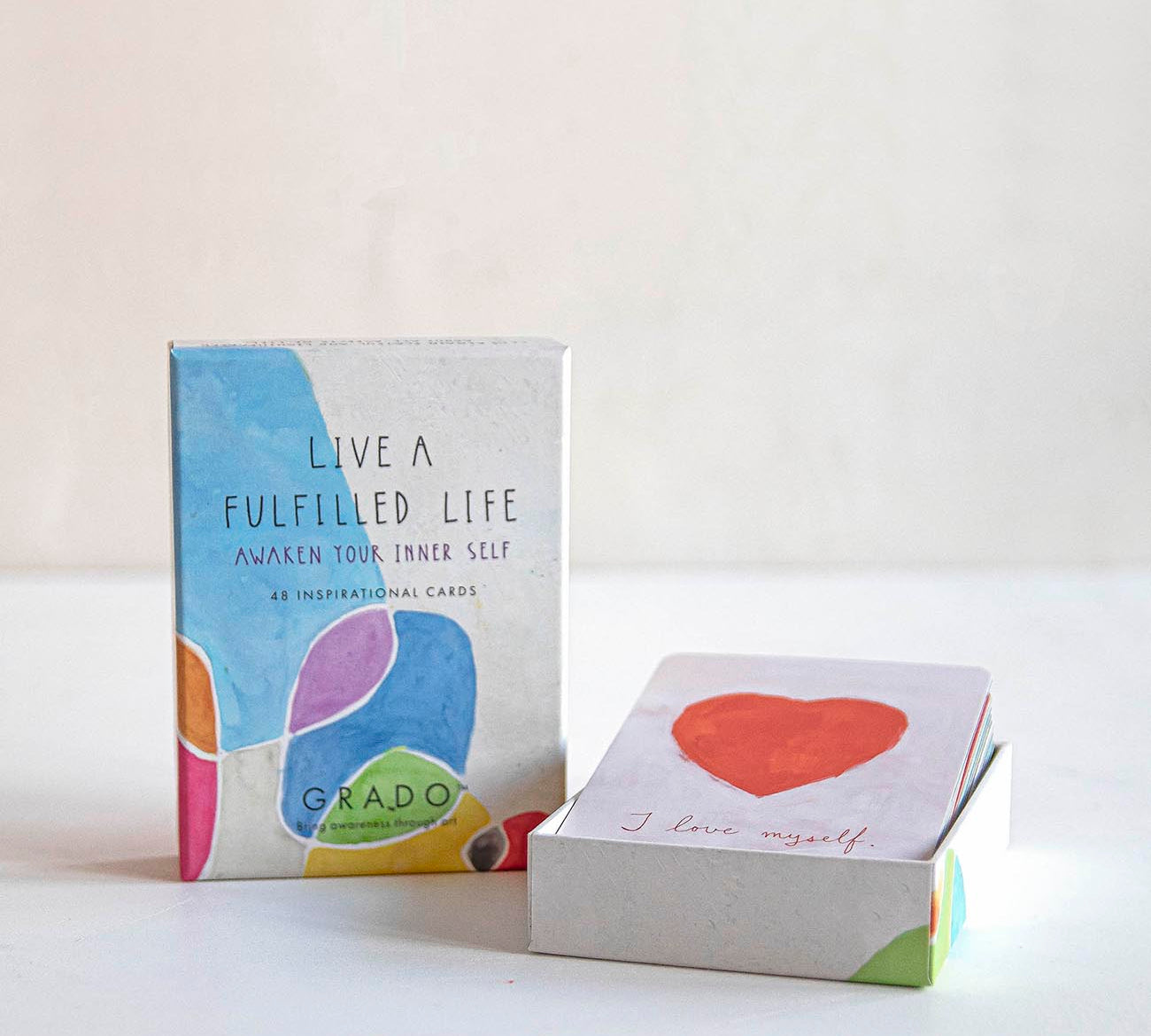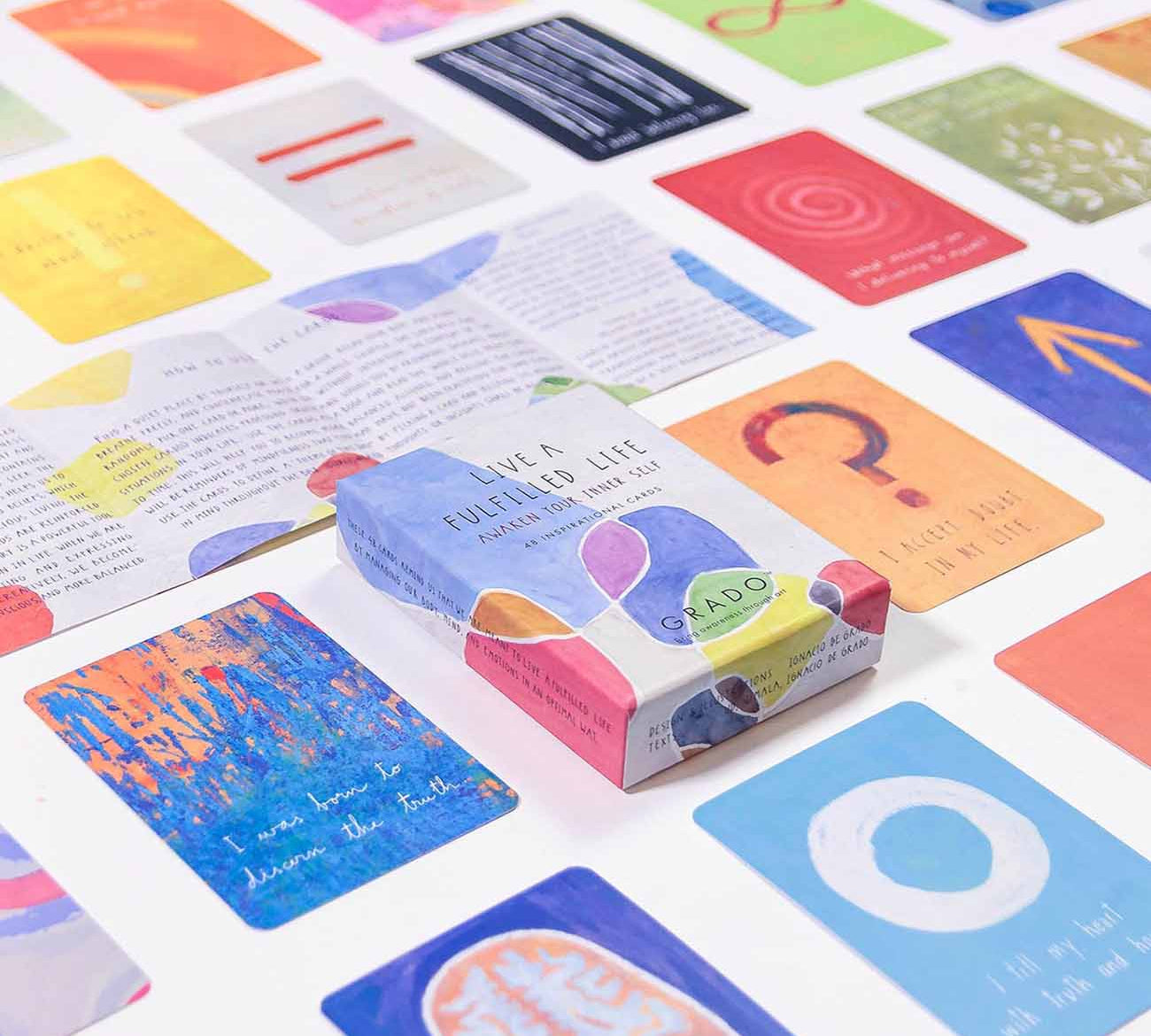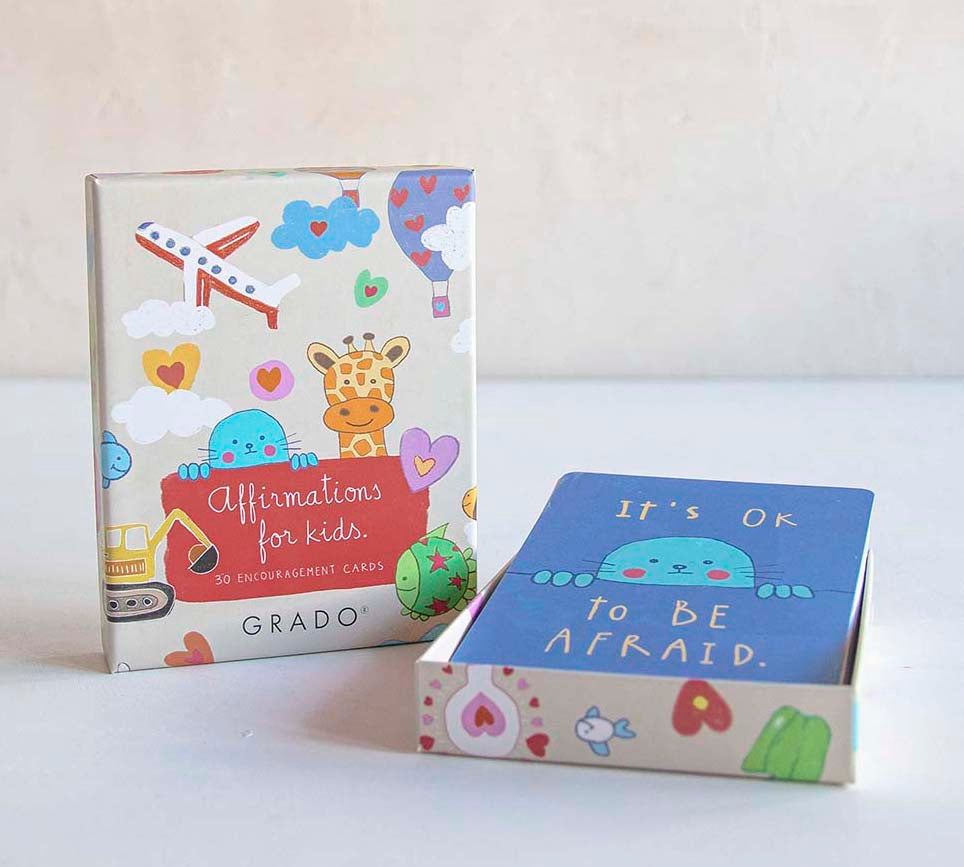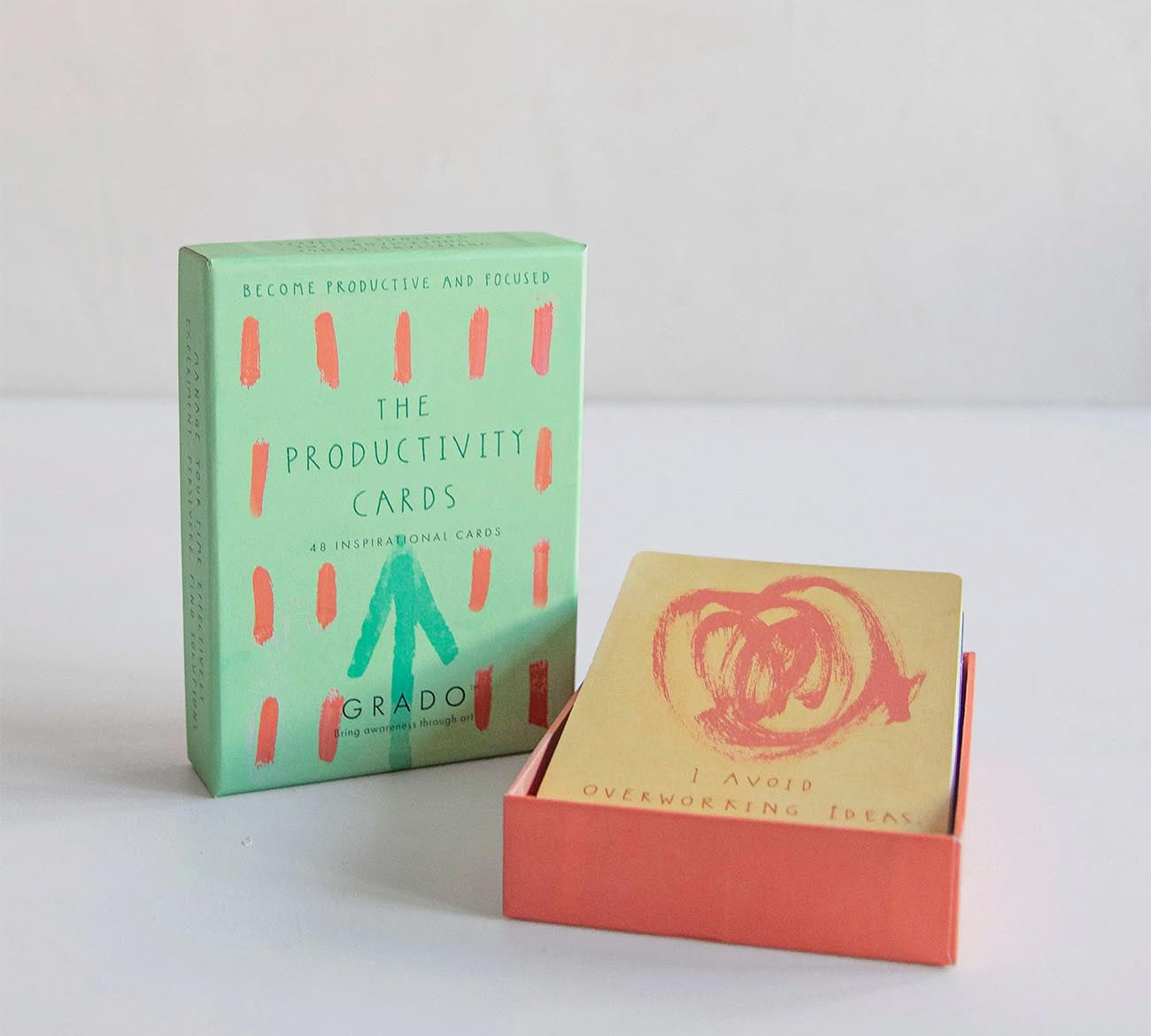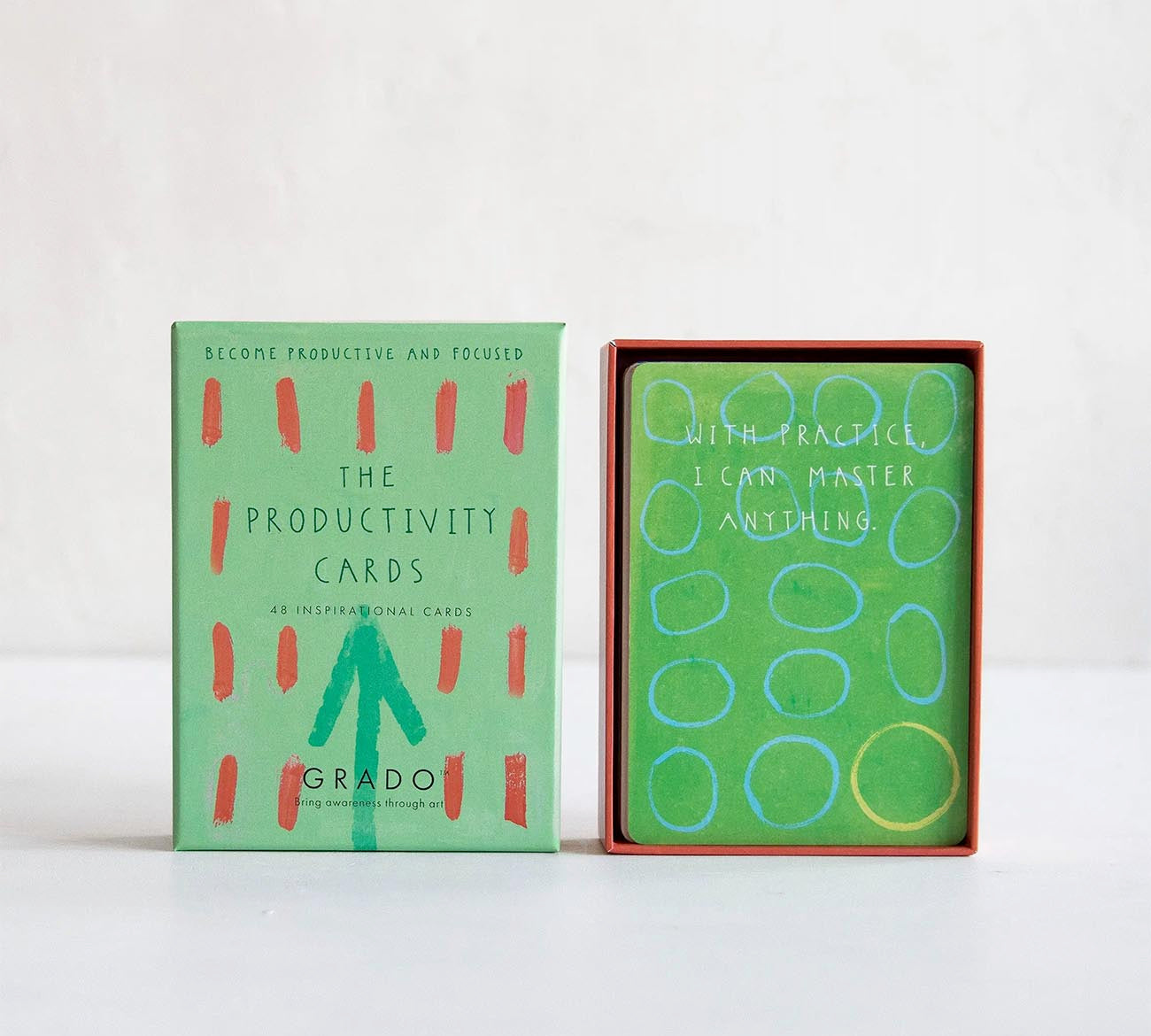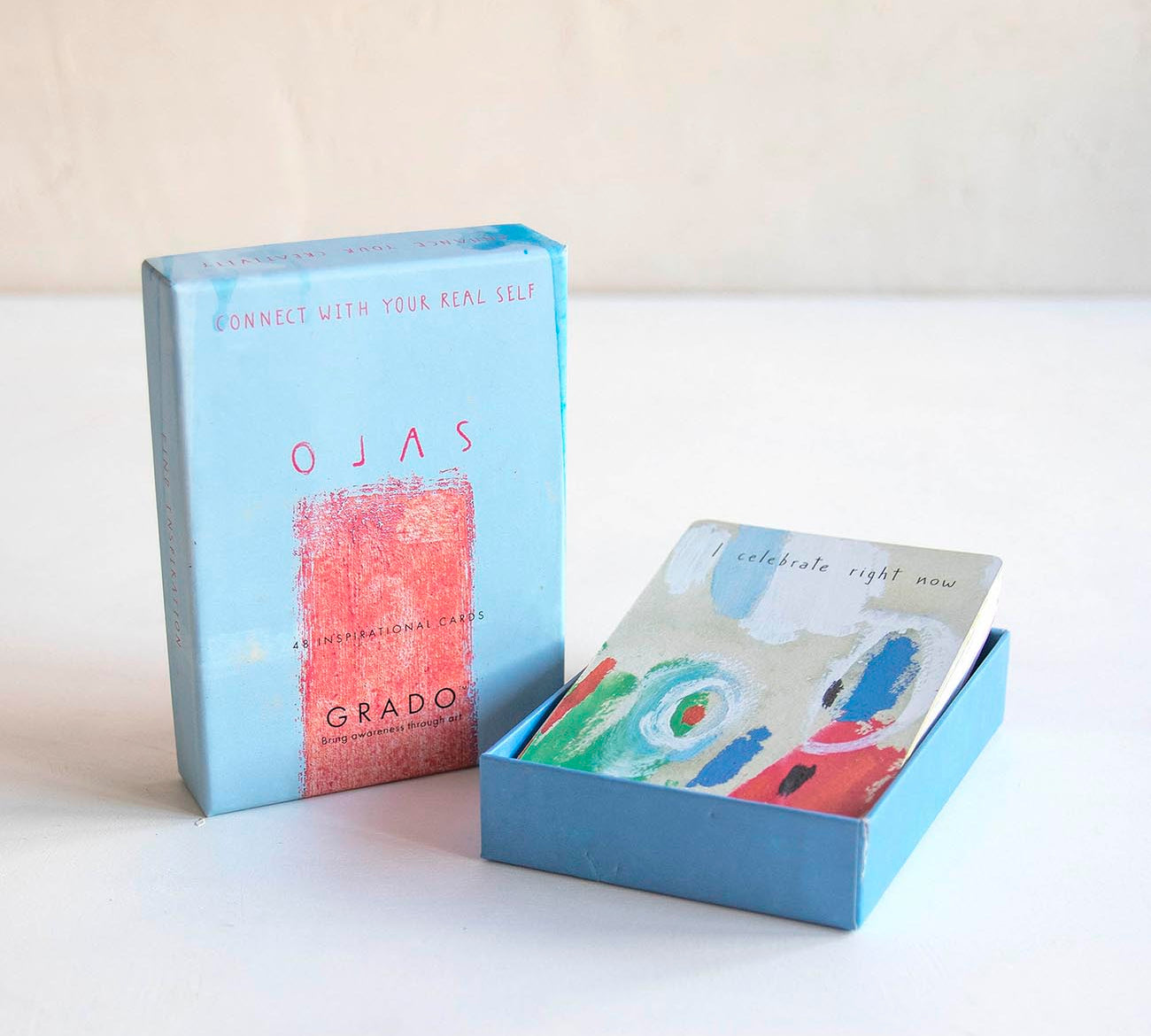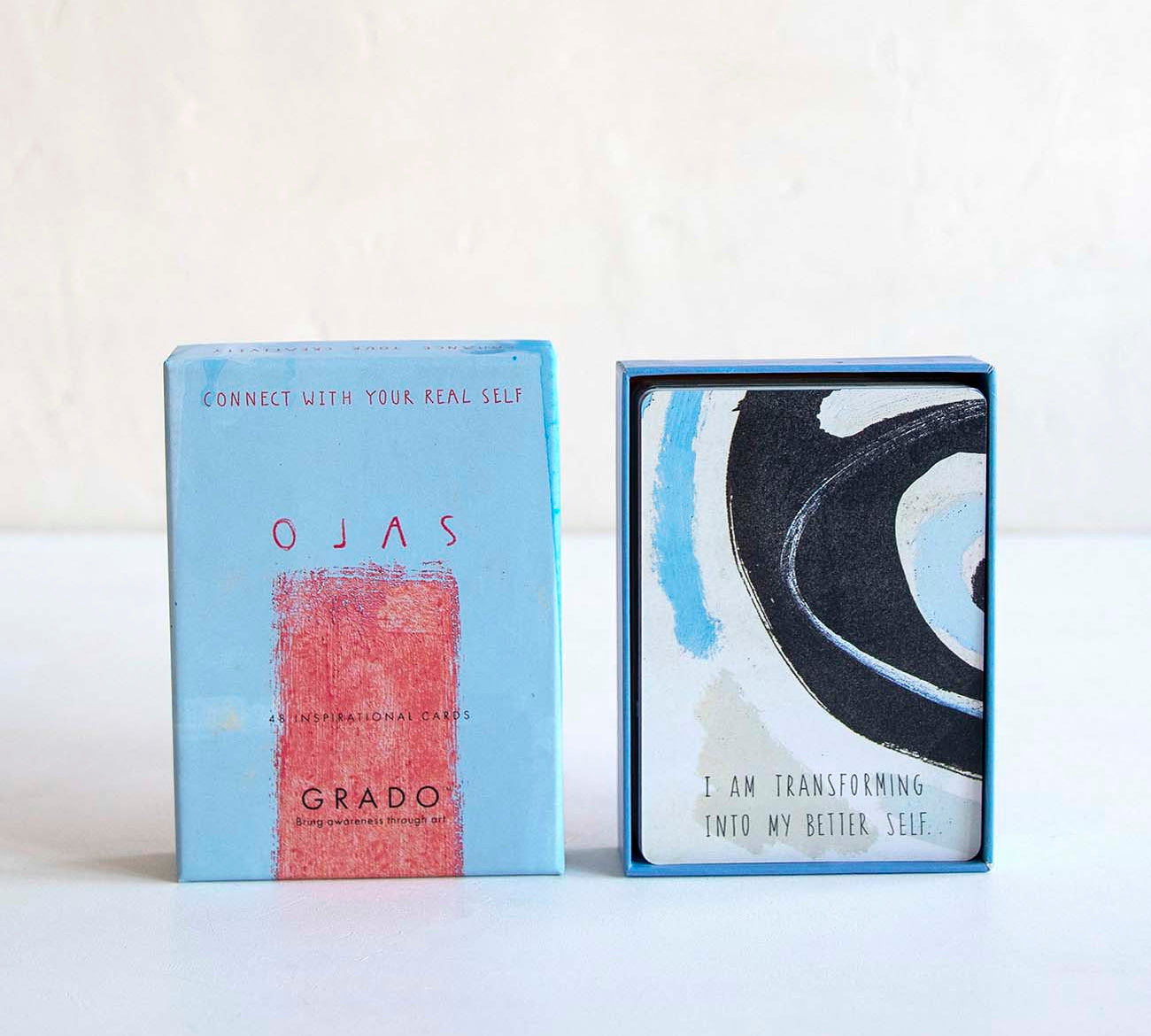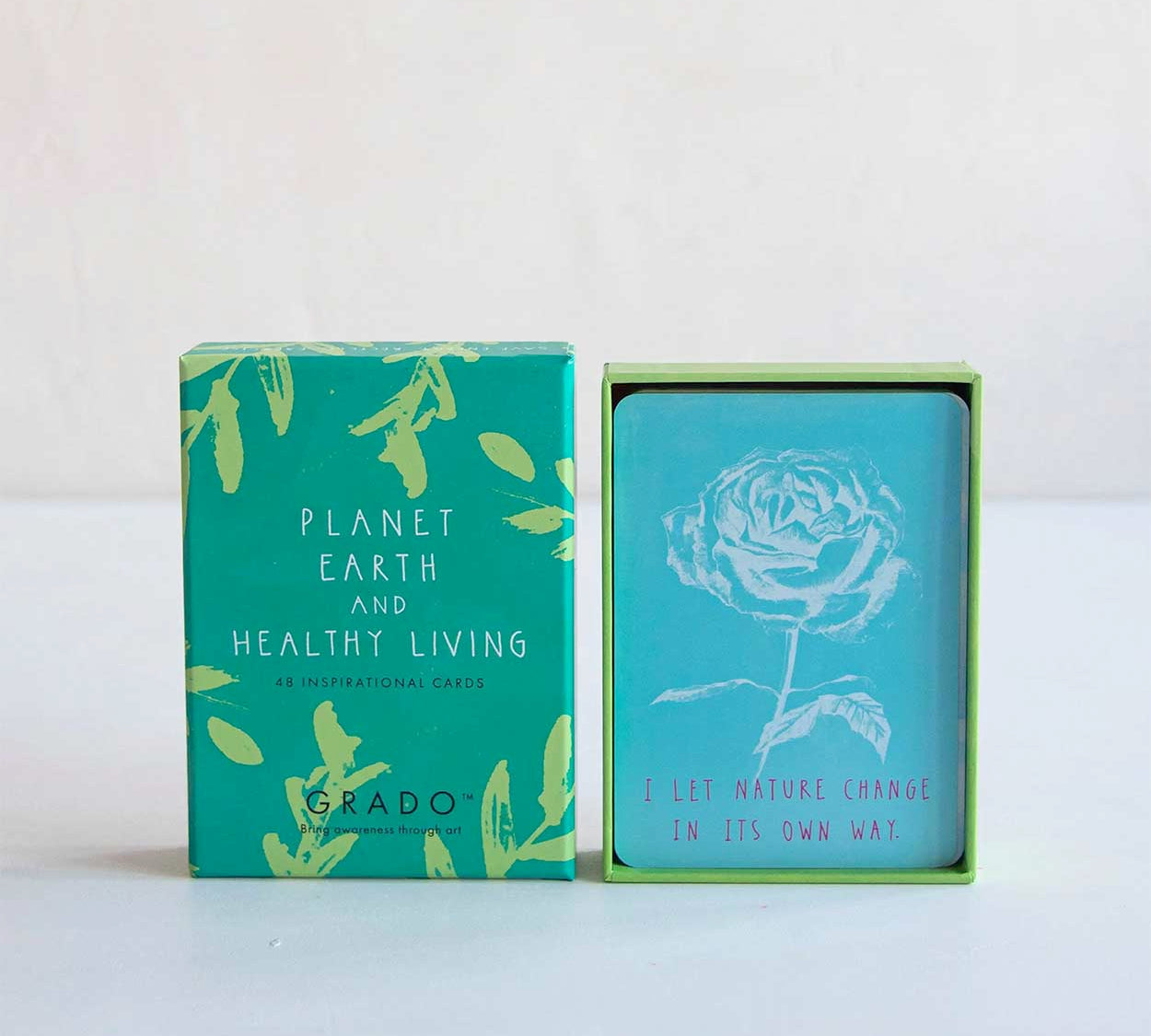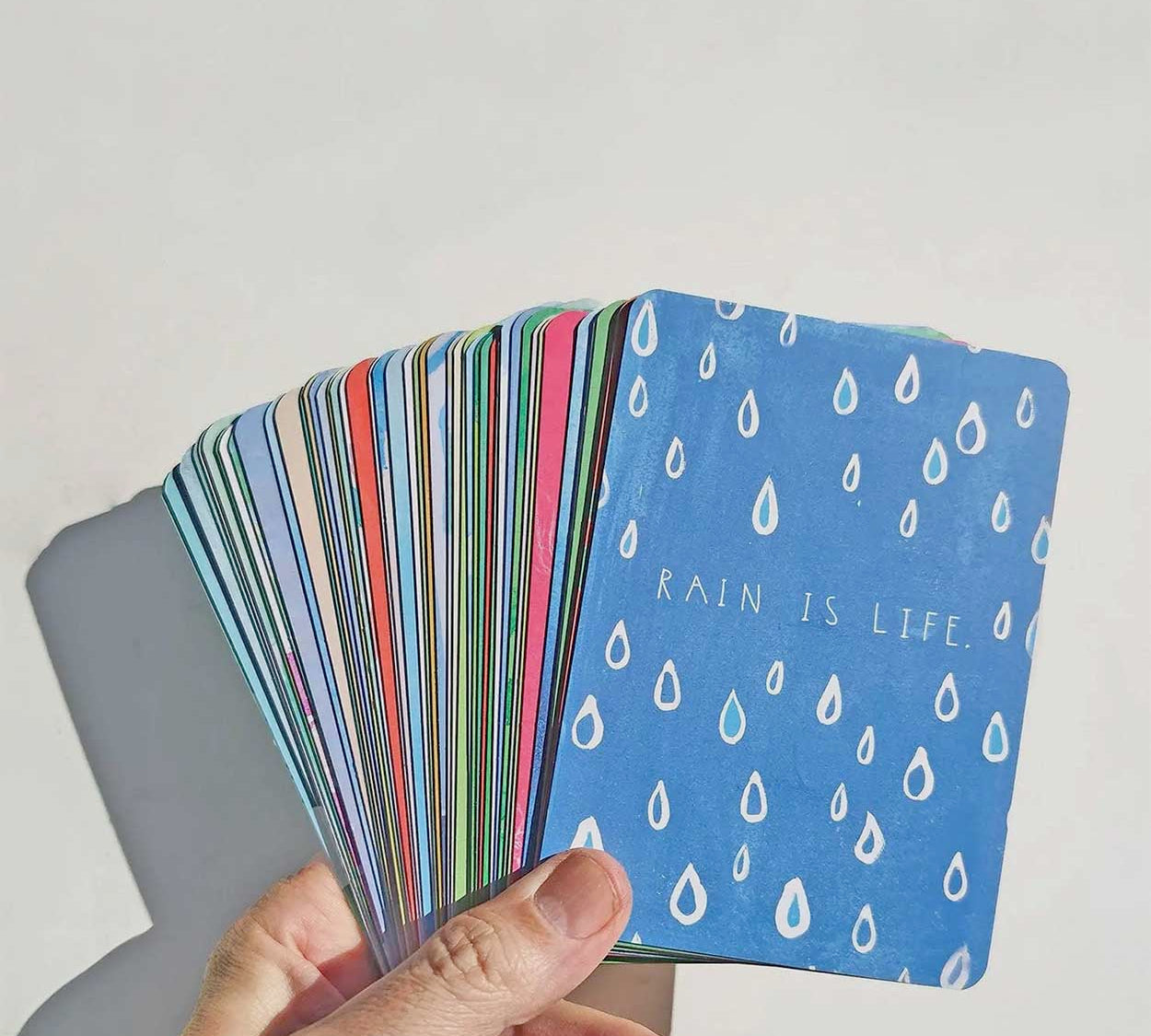From Surviving to Thriving: How Self-Preservation and Mindfulness Can Unlock Your Full Potential
In today’s fast-paced world, it is easy to get caught up in the hustle and bustle of life, often neglecting our own well-being. This is why self-preservation is so important, as it involves taking care of ourselves by making conscious decisions that promote our overall well-being.
Today, we will explore the importance of self-preservation and mindfulness in unlocking our full potential. We will see how these practices can help us move from merely surviving to thriving in all aspects of our lives.
Understanding Self-Preservation
Self-preservation refers to the natural human instinct to protect yourself from harm or danger. It is an inherent drive that is deeply ingrained in our biology and psychology. The instinctual nature of self-preservation is evident from the earliest stages of human development, as infants instinctively cry for food, warmth, and comfort. As we grow and mature, this instinct becomes more refined, and we learn to recognize potential threats and take action to avoid them. The physical aspects of self-preservation involve our body's natural responses to danger, such as the fight or flight response.
When we’re faced with a threat, our bodies release adrenaline, which increases our heart rate and blood pressure, preparing us for quick action. This fight or flight response can help us survive potentially life-threatening situations by allowing us to react quickly and intentionally.
The psychological aspects of self-preservation are equally important. Our minds play a crucial role in assessing potential threats and determining appropriate responses. This can include avoiding risky situations, seeking out safe environments, and developing coping strategies to deal with stress and anxiety.
Overall, self-preservation is a vital component of human survival, both physically and psychologically. By understanding the instinctual nature of this drive and its physical and psychological aspects, we can better protect ourselves from harm and live happier, healthier lives. For example, let’s say you find yourself trapped in self-preservation, hindered by fear as you remain confined within your comfort zone. Despite your dreams and untapped potential, the thought of venturing into entrepreneurship fills you with anxiety, preventing you from taking the leap and pursuing your true passions.
Understanding this may help you venture out of your comfort zone and take the leap. Mindfulness Mindfulness can be defined as the practice of being aware or present in the now moment, without judgment or distraction.
This practice involves paying attention to what you’re thinking, feeling, and surroundings, and accepting them without trying to change them. Mindfulness has been shown to have numerous benefits for mental and emotional well-being.
One of the most important benefits of mindfulness is self-preservation. When you are mindful, you can learn to identify and manage stress and negative emotions more effectively. In other words, you’ll be able to know if you’ve activated the fight of flight response and intentionally calm your system down. This can help you avoid burnout and other negative consequences of chronic stress. Additionally, mindfulness can help improve your overall mood and increase feelings of well-being. Another key benefit of mindfulness is improved focus and concentration. When you are fully present in the moment, you are better able to concentrate on whatever you’re doing, which can help you be more productive and efficient. This improved focus can also help you better manage distractions and avoid procrastination.
The Productivity Cards
$21.90
48 Inspirational cards with positive quotes and handmade illustrations, packaged in a protective gift box A deck of mindfulness cards to inspire greater clarity, focus and productivity.

Integrating Self-Preservation and Mindfulness
Self-preservation and mindfulness are deeply connected because they both involve taking care of yourself. Self-preservation refers to the natural instinct to protect yourself from harm, while mindfulness involves being present in the moment and aware of your thoughts and feelings. By practicing mindfulness, we can become more attuned to our needs and better equipped to engage in self-preservation. There are many strategies for incorporating self-preservation and mindfulness practices into daily life. One effective method is to set aside time each day for meditation or mindful breathing exercises.
This can help to calm the mind and promote feelings of relaxation and well-being. Additionally, it is important to prioritize self-care activities such as exercise, healthy eating, and sufficient sleep. Another way to incorporate self-preservation and mindfulness into daily life is to practice self-compassion. This involves treating yourself with kindness and understanding, even in difficult situations.
By cultivating a sense of self-compassion, we can become more resilient in the face of stress and adversity. It can also be helpful to set boundaries and prioritize activities that bring us joy and fulfillment. By saying no to commitments that drain our energy and yes to activities that nourish our souls, we can better preserve our physical and mental well-being. Overall, incorporating self-preservation and mindfulness practices into daily life can lead to greater happiness, peace, and fulfillment.

Applying Self-Preservation and Mindfulness
In personal relationships, self-preservation means setting boundaries and communicating our needs effectively. It's essential to prioritize our mental health and emotional well-being by avoiding toxic relationships and focusing on those that bring positivity and happiness into our lives. Similarly, in our professional life, self-preservation means knowing our limits, setting achievable goals, and not overworking ourselves.
It's helpful to learn how to say no and take breaks when needed to prevent burnout while still delivering quality work.
When it comes to physical health, self-preservation means taking care of our bodies by exercising regularly, eating nutritious food, and getting enough sleep.
We can also incorporate mindfulness techniques such as meditation and yoga into our routine to reduce stress levels and improve overall well-being. Lastly, self-preservation in mental health involves recognizing when we need help and seeking support from professionals or loved ones. We can practice mindfulness by being present in the moment, acknowledging our feelings without judgment, and taking steps to reduce stressors in our lives.
Overcoming Challenges and Obstacles
Self-preservation is the key to maintaining a healthy and happy life. However, it can be challenging to consistently practice mindfulness and self-care. Common barriers to self-preservation include a lack of time, energy, and motivation. Many people may also struggle with negative self-talk or feelings of guilt for taking time for themselves. But the good news is that there are many strategies for overcoming these challenges and maintaining consistency in your self-preservation practices.
One important strategy is to set realistic goals and prioritize your time accordingly. Make a schedule that includes time for self-care activities such as exercise, meditation, or reading a book. Additionally, try to reframe negative self-talk and replace it with positive affirmations.
Remember that taking care of yourself is not selfish, it's necessary for your overall well-being. With these strategies, you can overcome barriers to self-preservation and create a consistent practice of mindfulness.
Wrapping It Up
Self-preservation and mindfulness are crucial tools for unlocking our full potential. By prioritizing our physical and mental health, we can improve our overall well-being and achieve our goals with greater ease. Mindfulness helps us to stay present in the moment, reduce stress, and maintain a positive outlook. Self-preservation involves taking care of ourselves, setting boundaries, and making choices that align with our values and priorities.
Together, these practices can help us to cultivate a sense of balance and harmony in our lives. I encourage you to embrace self-preservation and mindfulness as powerful tools for unlocking your full potential. Take time each day to reflect on your needs and prioritize activities that bring you joy and fulfillment.
Practice mindfulness through activities like meditation, yoga, or simply taking a few deep breaths when you feel overwhelmed. Remember that self-care is not selfish, but rather a necessary component of living a healthy, fulfilling life.
By incorporating these practices into your daily routine, you can cultivate a greater sense of well-being and unlock your full potential.
Affirmation Card Decks
Affirmation card decks are a powerful tool for promoting self-preservation and mindfulness. By incorporating positive affirmations into your daily routine, you can cultivate a more positive and resilient mindset. These cards can also help you stay present in the moment, which is essential for reducing stress and anxiety. When you take a moment to read an affirmation card, you are reminding yourself of your inherent worth and capabilities. This can help you stay motivated and focused on your goals, even when faced with challenges or setbacks.
So, if you're looking to boost your self-preservation and mindfulness, consider incorporating affirmation card decks into your daily routine.



